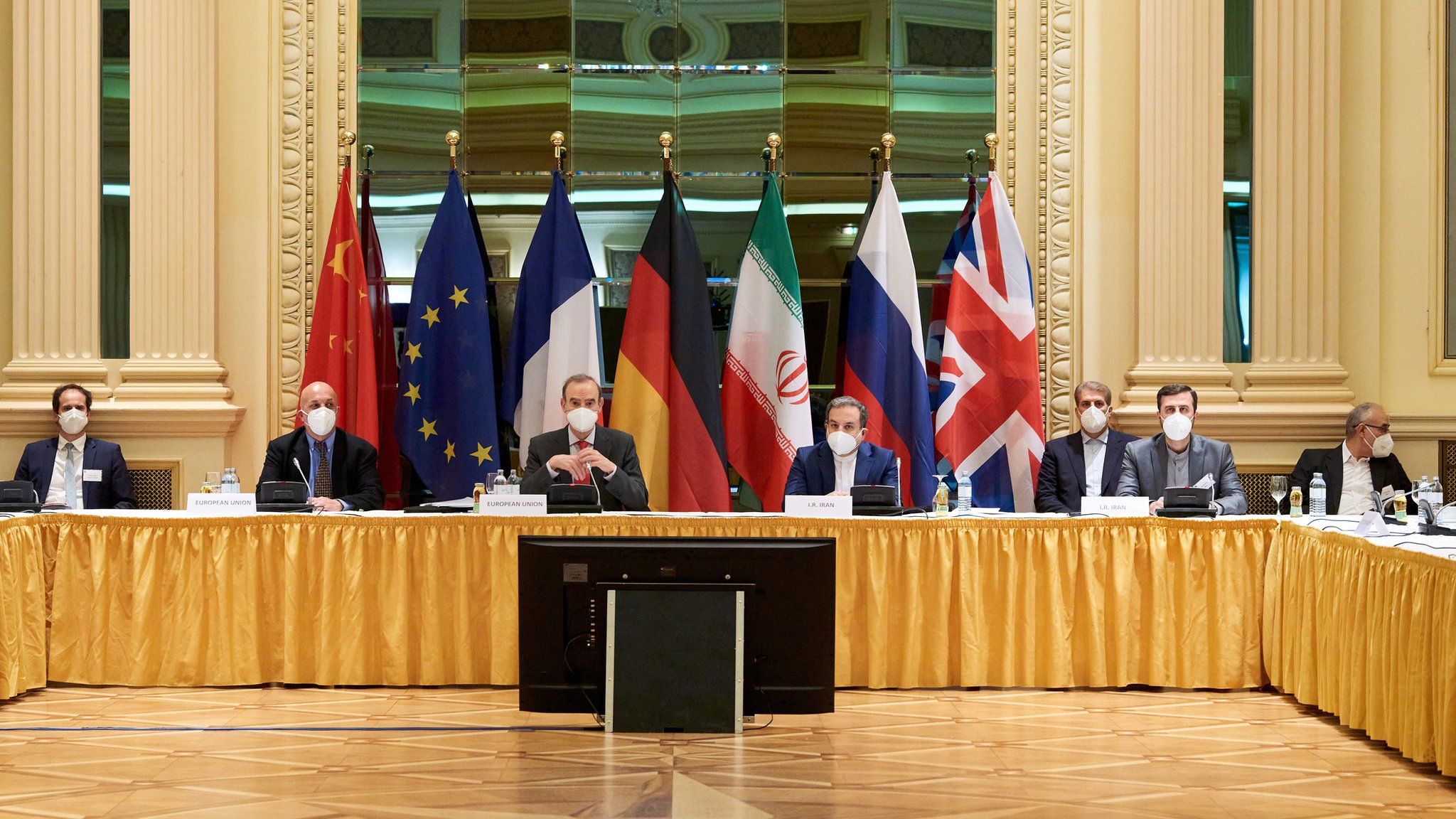
US, Japan State They Will Not Get Involved in ‘the Most Dangerous Place on Earth’
First of all, the joint statement is based on the interests of Japan and the strategic considerations of the United States. For Japan, peace and stability in the Taiwan Strait is crucial to the security of maritime transportation of energy and raw materials, and of the extensive commodity trade. For the U.S., Taiwan is an outpost of the U.S.-China strategic competition, a symbolic indicator of the United States’ security commitments to its Indo-Pacific allies and an important bargaining chip in its technological strategy.
Therefore, in accordance with Japan's expectations, the joint statement reaffirms the commitment of the Treaty of Mutual Cooperation and Security between the United States and Japan to assist Japan's defense and confirms that this treaty applies to the Senkaku Islands (Diaoyutai Islands). On the other hand, Japan joined the U.S. in opposing China's sovereign claims to waters and islands in the Western Pacific and its attempts to unilaterally change the status quo, "underscor[ing] the importance of peace and stability across the Taiwan Strait and encourag[ing] the peaceful resolution of cross-Strait issues."
However, we must note that although the statement may be highlighting the U.S.-Japan alliance's sense of caution about China and the possibility of the two countries developing broader exchanges and cooperation with Taiwan, it should not be over-interpreted to mean that the U.S. and Japan will change the direction of their strategically ambiguous policy toward Taiwan, nor does it mean that the U.S. and Japan will necessarily intervene militarily in the Taiwan Strait conflict.
As Yoshihide Suga said during a question-and-answer session in the House of Representatives after his meeting with Joe Biden on April 20, "We did talk about changes in the military balance across the Taiwan Strait, but it is impossible to generalize about what the situation in the Taiwan Strait is."*
The Japanese military legislation passed in 2015 gives Japan the legal basis to expand the exercise of the right of collective self-defense, allowing Japan to provide logistical support to the U.S. military in "situations of significant influence"; or to conditionally exercise force to counterattack in "situations of survival crisis" (i.e., when the existence of Japan is threatened by a forceful attack on a country with which Japan has a close relationship); or to use force in "situations of forceful attack" (i.e., when Japan or U.S. military bases in Japan are attacked by force).
However, Japan has no legal basis with which to dispatch its Self-Defense Forces to intervene in such "gray zone conflicts" as the entry of Chinese Communist Party warplanes into Taiwan's air defense identification zone and the matter of China's maritime militia, civilian vessels and marine police vessels patrolling or encircling the waters of the Diaoyutai Islands and Dongsha Island. The U.S. is also unlikely to take more aggressive military action in the situation of a gray zone conflict.
The joint statement may have drawn a line against Beijing's military expansion, but Taiwan should not assume that international military involvement in the Taiwan Strait is guaranteed. Taiwan welcomes the support and broader cooperation of its international allies in strengthening its self-defense capabilities by increasing the cost to potential adversaries of using force, and in increasing the risk of adversaries' failure in war in order to protect our national security and interests.
More importantly, Taiwan needs to define the various forms of gray zone conflict in more detail and establish response measures. On the one hand, Taiwan must establish combat readiness and response criteria according to the needs of the situation; on the other hand, it should take the initiative to control risks and avoid crossing a red line in military or political actions that may cause conflicts to escalate. We trust the government's policy to maintain its principle of restraint and non-provocation toward Beijing, and expect that officials on both sides of the Taiwan Strait will be able to establish goodwill, build mutual trust through dialogue and exchange and resolve differences peacefully.
*Editor's Note: This quotation, accurately translated, could not be verified.

